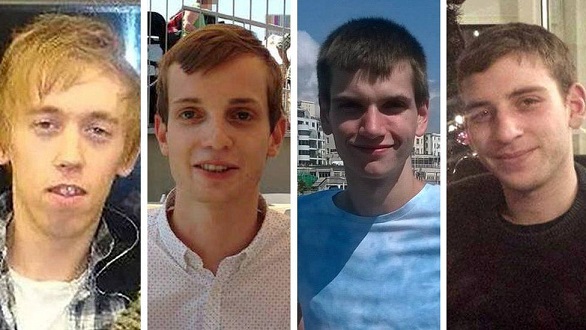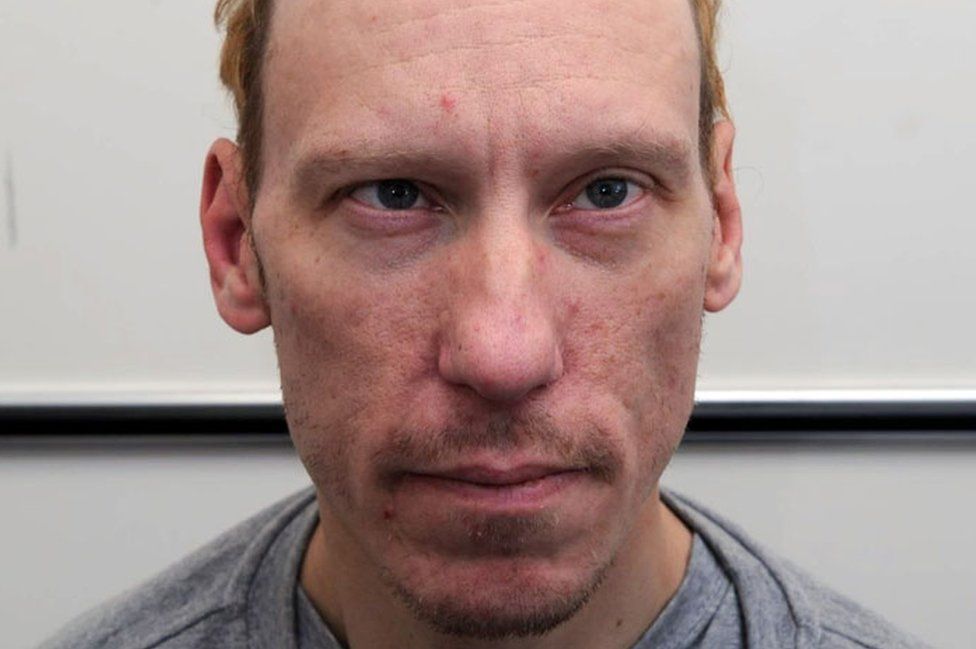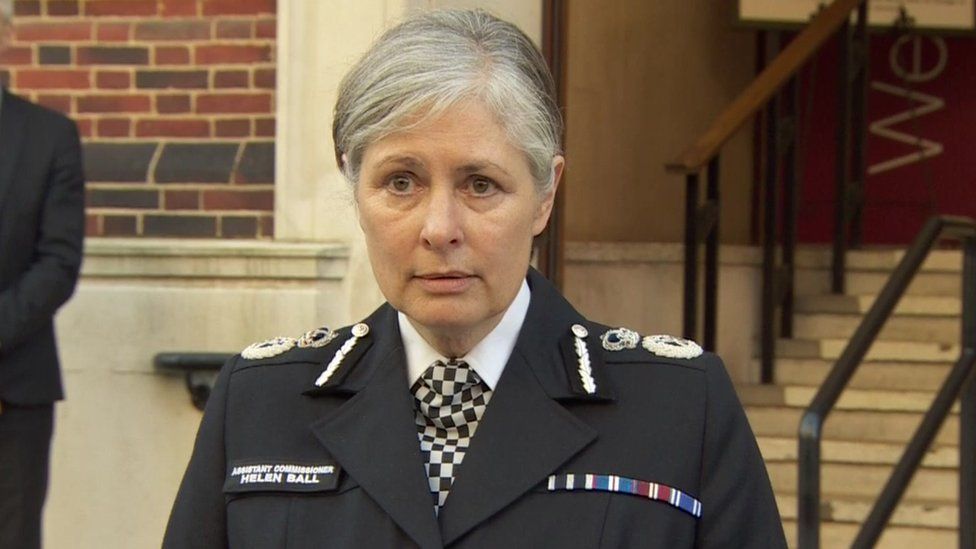
The national police approach to investigating unexplained deaths is to be reformed following the inquests for victims of serial killer Stephen Port.
“Basic failings” were identified in the police handling of the deaths of Anthony Walgate, Gabriel Kovari, Daniel Whitworth and Jack Taylor.
The Met Police and the National Police Chiefs’ Council (NPCC) have now said new classifications would provide “absolute clarity” for officers.
The Met said they will be used by July.

Stephen Port, now 47, is serving a whole-life sentence for the murder of the young men, along with the rape of a number of others. He killed Mr Walgate, Mr Kovari, Mr Whitworth and Mr Taylor with overdoses of the so-called “date rape” drug GHB, before leaving their bodies near his home in Barking, east London.
He was briefly jailed for perverting the course of justice after being found to have lied about his involvement in the 2014 death of Mr Walgate, by which time he had murdered two more men. He killed his final victim, Jack Taylor, after being released early from prison.
The four new classifications are:
- Expected deaths where there is a medical diagnosis
- Unexpected death investigated and not suspicious where evidence shows no third party involvement
- Unexpected death under investigation where further investigation is required
- Homicide where it is likely there was third party involvement

Coroner Sarah Munro QC had said in her report into the police investigation that the term “unexplained” may “distract officers from the correct and necessary approach, which is for the death to be treated as suspicious unless and until the police investigation has established that it is not”.
Ms Munro also expressed concern over “a lack of ownership and responsibility for the investigations of unexplained deaths” among leaders in the Met.
Mr Kovari’s death was classed as “unexplained but not suspicious” within five hours of his body being discovered, despite an inspector later admitting they had no idea how he had died, while Mr Whitworth’s death was also classed as non-suspicious on the day he was found, even though investigators had not properly checked that a fake suicide note found with his body was genuine.
The letter had been planted by Port, falsely claiming that Daniel had accidentally killed Gabriel, when in fact the two did not know each other and were not together on the night Mr Kovari died.

Families of the four men believed that homophobia played a part in the failings.
While Ms Munro did not make her own finding on that issue, she said she agreed with a report by the Independent Office for Police Conduct (IOPC) that suggested “the possibility of assumptions being made about the lifestyle of young gay men and the potential vulnerability of men cannot be ignored, and may reveal that intersectionality was present in policing in 2014/2015, and may still be”.
Although nine officers were found by the IOPC to have performance failings, none were disciplined or lost their jobs, and five have since been promoted.
Source: bbc.co.uk






Be the first to comment